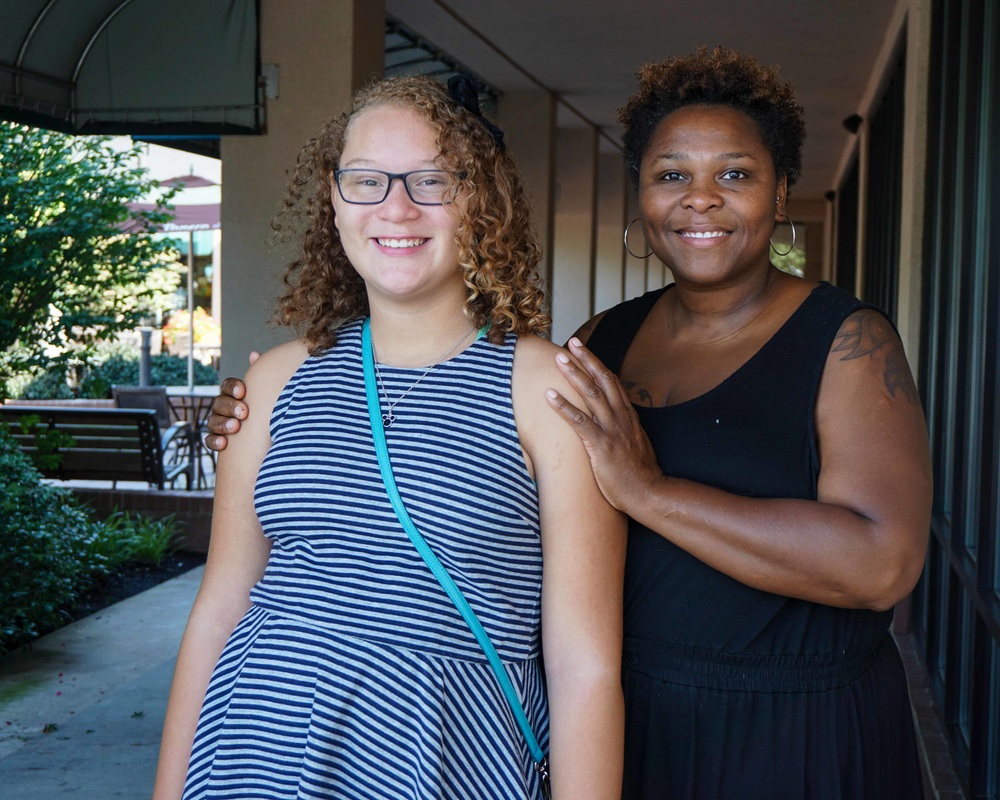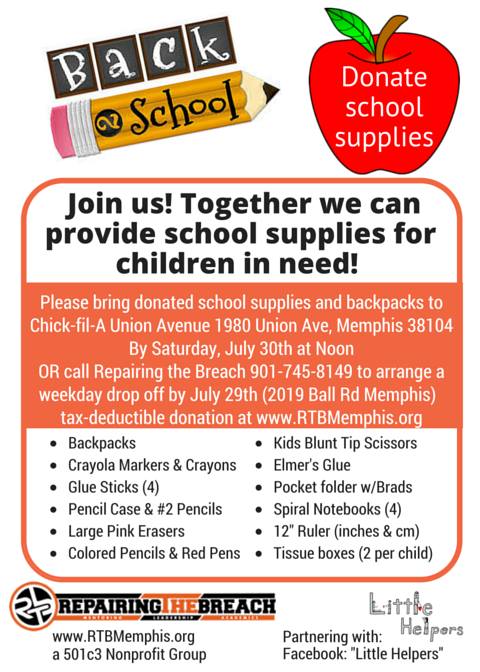VIOLETTE: “I was 4 or 5 when I starting volunteering with Little Helpers. I remember thinking, ‘It’s kind of a lot of work, but I like helping people.’ We picked up litter in parks, sang carols in hospitals, and made little bags with blankets, stuffed animals, books, and cards for kids who didn’t have what they needed. I’m 11 now, so I’ve been doing this for about 6 years. There’s a major project every month, and I help with most of those. The more things we do, the more open I feel. We meet a lot of people, and I've learned that even if a person is different from you, it doesn’t mean you talk different to them. You may have to communicate in another way, but you can still communicate. For example, you may not speak the same language as somebody else, but it doesn’t hurt to know some words from their language and some things from their culture. Sometimes when people don’t know a person, they may be afraid of them or just ignore them and walk away, but I feel that, even as kids, if we all work together, there wouldn’t be as many problems as there are now. Kids can do things to help the community: If you see someone getting bullied, stand up for that person or tell an adult. Maybe you can be a peer counselor at your school. Or if you’re around the city and you see litter, pick it up. Ask yourself, ‘What can I do?’ I’m open to more things now and I know more about the world. Now I get up in the mornings and think, ‘I gotta watch the news. I gotta check on my country.’”
PAT: “Little Helpers was started a few years ago with three moms who wanted to get our children involved in serving the community. A lot of organizations don’t take volunteers until they are 18 years old, but with Little Helpers, the parents and children work alongside each other, so they can start when they’re very young. We vet the organizations we assist to make sure they’re in good standing and that they’re really helping the people they say they’re helping; that way, volunteers don’t have to do all that research themselves. They can just show up and work, and the children get to see firsthand that one person or one small group can make a difference. They have an opportunity to interact with people they’ve never met, and their compassion for people grows. One of the most valuable things that has come out of this have been the conversations with our kids about what we’re doing and why. They ask questions and often notice things that are not even on our radar. They learn that they’re a part of this community and have something important to contribute.”
PAT: “Little Helpers was started a few years ago with three moms who wanted to get our children involved in serving the community. A lot of organizations don’t take volunteers until they are 18 years old, but with Little Helpers, the parents and children work alongside each other, so they can start when they’re very young. We vet the organizations we assist to make sure they’re in good standing and that they’re really helping the people they say they’re helping; that way, volunteers don’t have to do all that research themselves. They can just show up and work, and the children get to see firsthand that one person or one small group can make a difference. They have an opportunity to interact with people they’ve never met, and their compassion for people grows. One of the most valuable things that has come out of this have been the conversations with our kids about what we’re doing and why. They ask questions and often notice things that are not even on our radar. They learn that they’re a part of this community and have something important to contribute.”
Little Helpers coordinated the efforts to get school uniforms and school supplies for Dacavien's family and are also working with Repairing the Breach Memphis to gather school supplies for children for the coming year, particularly students in the Alcy-Ball neighborhood who attend Hamilton Elementary, Middle, and High. See flyer below for weekday drop-off through July 30, 2016.


 RSS Feed
RSS Feed